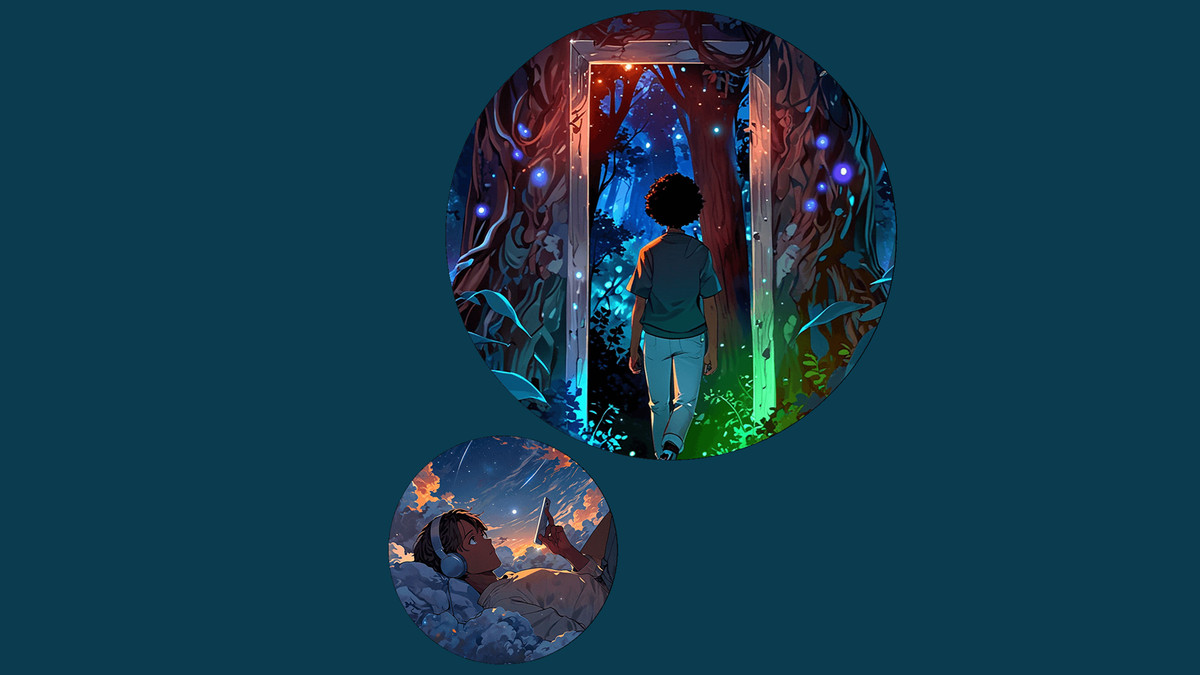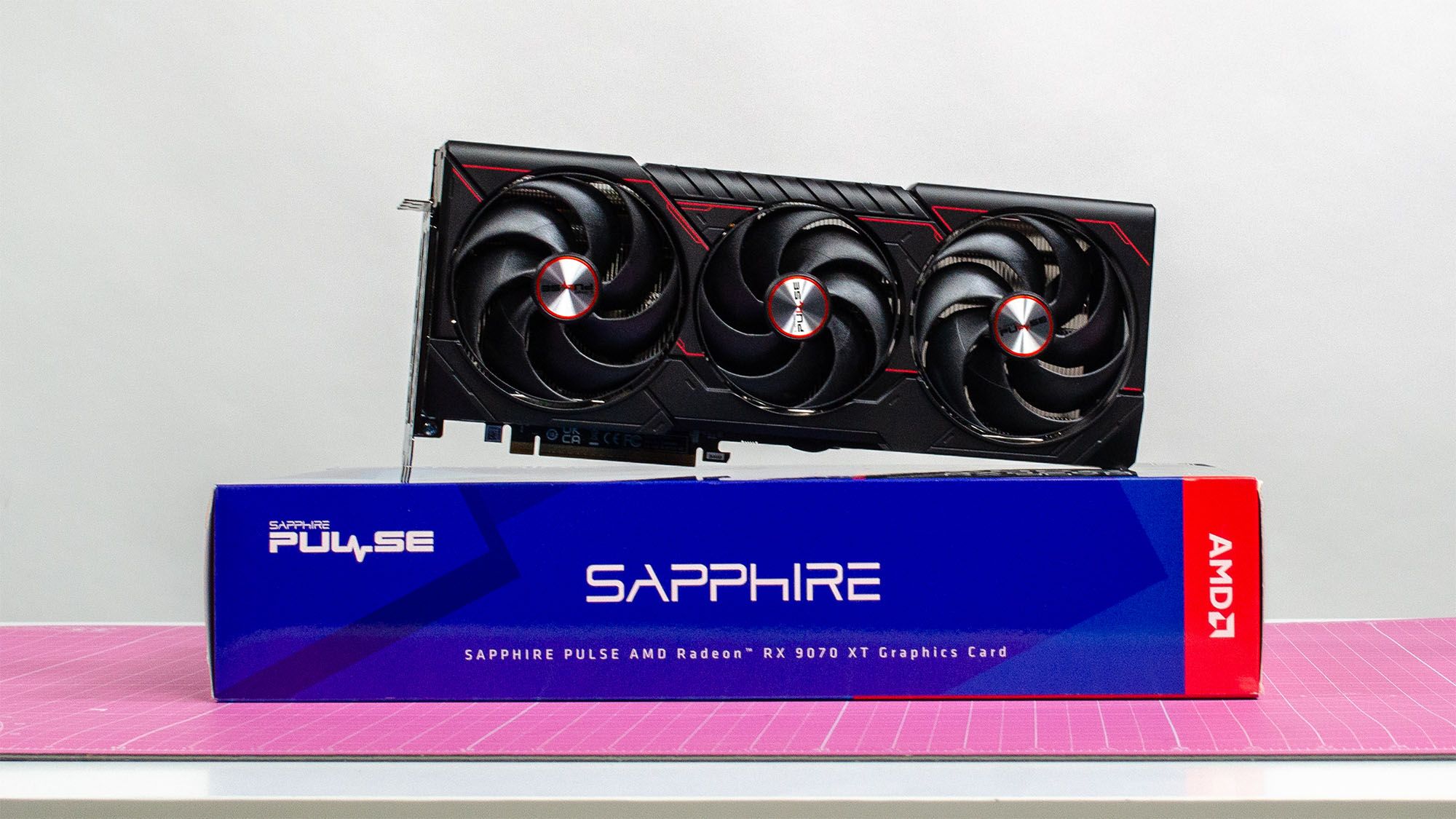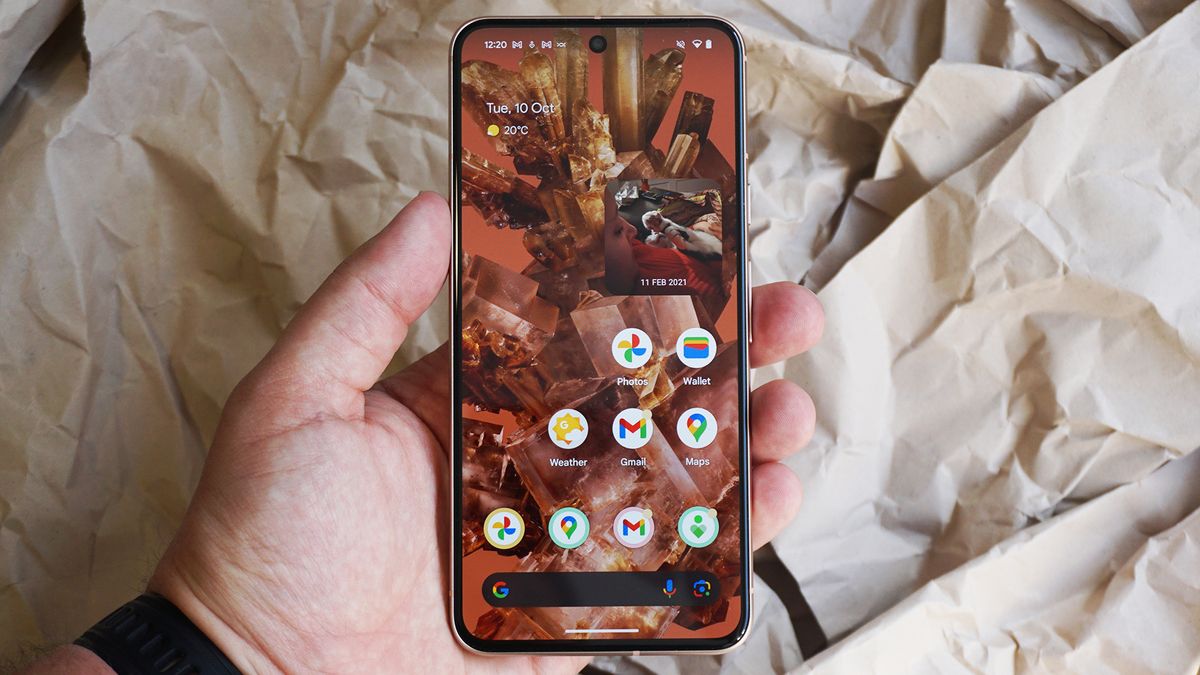Former NFL quarterback Colin Kaepernick has a new company called Lumi aimed at helping creators complete, publish and sell books and comics. Lumi offers a suite of artificial intelligence tools to complement users’ existing talents and market what they create.
Lumi’s argument is that most people aren’t equally competent in all aspects of creating and selling a book, and that AI can fill those gaps. For example, if a writer can’t draw, Lumi can produce illustrations. Or, if a comic book artist has an idea for a story but struggles with dialogue, Lumi can help them compose the words for their book. And, if a creative genius lacks a background in marketing and sales, they can publish and distribute their creation through Lumi’s platform.
Lumi Comics
Lumi's initial plans focus on comics and graphic novels. The many creative skills required to produce comics make it an ideal market for the company, which is planning a subscription-based business model for users. One aspect that hasn't been addressed in the news is ownership and copyright. The United States Copyright Office (USCO) is not a fan of covering AI-made publications. At first, the USCO seemed to be on board with the idea of granting copyright protection for a comic with AI-made art, awarding the copyright to Kris Kashtanova and her self-published comic made with Midjourney's text-to-image engine, “Zarya of the Dawn.” But not long after, the USCO changed its policy and brought back copyright protection.
So far, Lumi has managed to skirt that storm cloud. Instead, the company claims that incorporating AI will streamline production and open up opportunities for more people who might otherwise never make it to the publishing stage. Kaepernick cited his own challenges in publishing as inspiration — particularly the high production costs, long deadlines, and industry skepticism that he says often hamper the creation and dissemination of diverse stories. Notably, he later founded Kaepernick Publishing, presumably to avoid those kinds of limits.
“Lumi addresses an unnecessary reliance on gatekeepers that holds creators back,” Kaepernick said in a statement. “This allows creators to get back to what they ultimately want to do: create. The platform allows creators to work freely and independently, deciding when and how they want to collaborate with others. This independence is crucial to fostering a vibrant and diverse creative ecosystem.”
Regardless of what happens with copyright protections, Kaepernick may have some leeway to get his idea off the ground. He secured $4 million in venture capital funding led by Seven Seven Six, the venture capital firm created by Reddit co-founder Alexis Ohanian.









